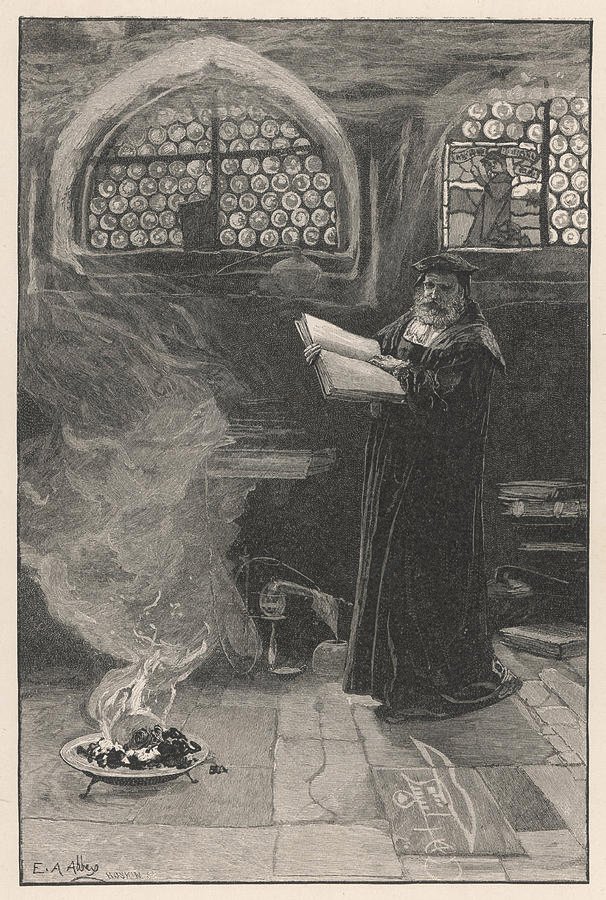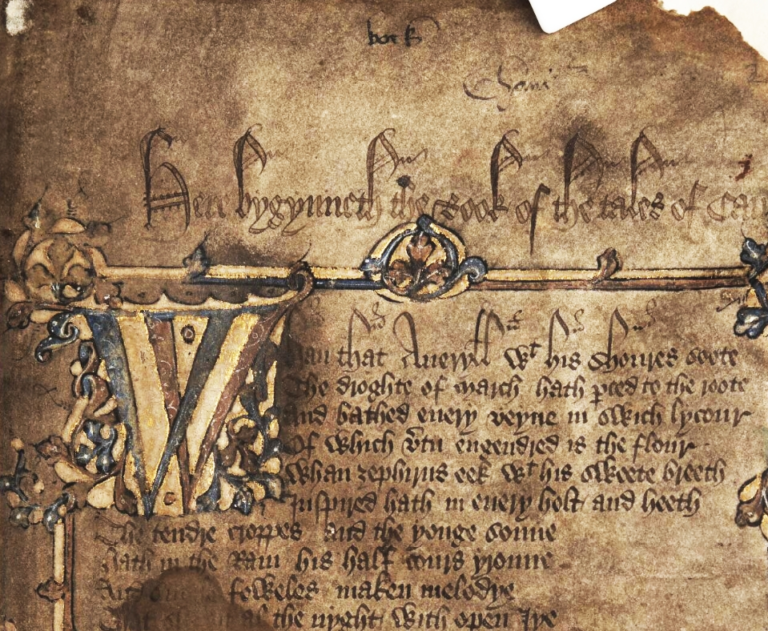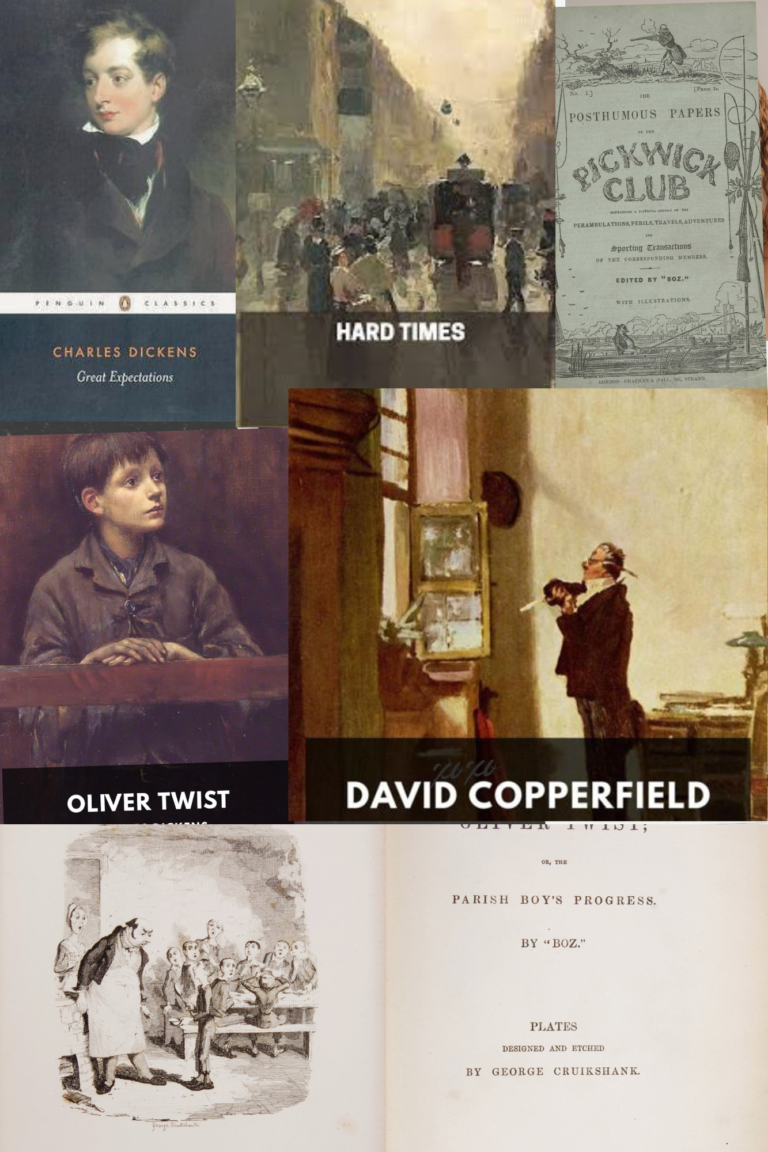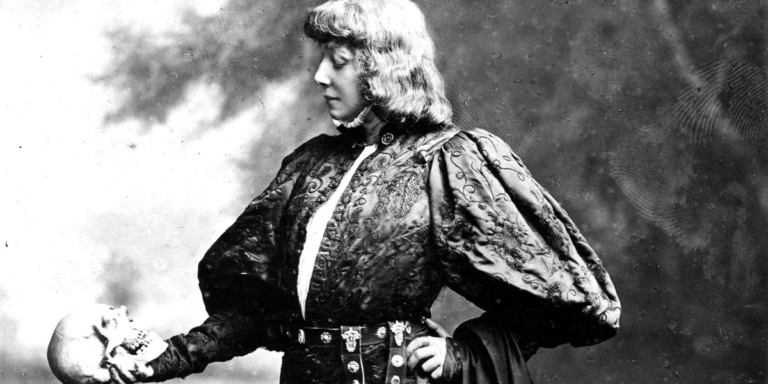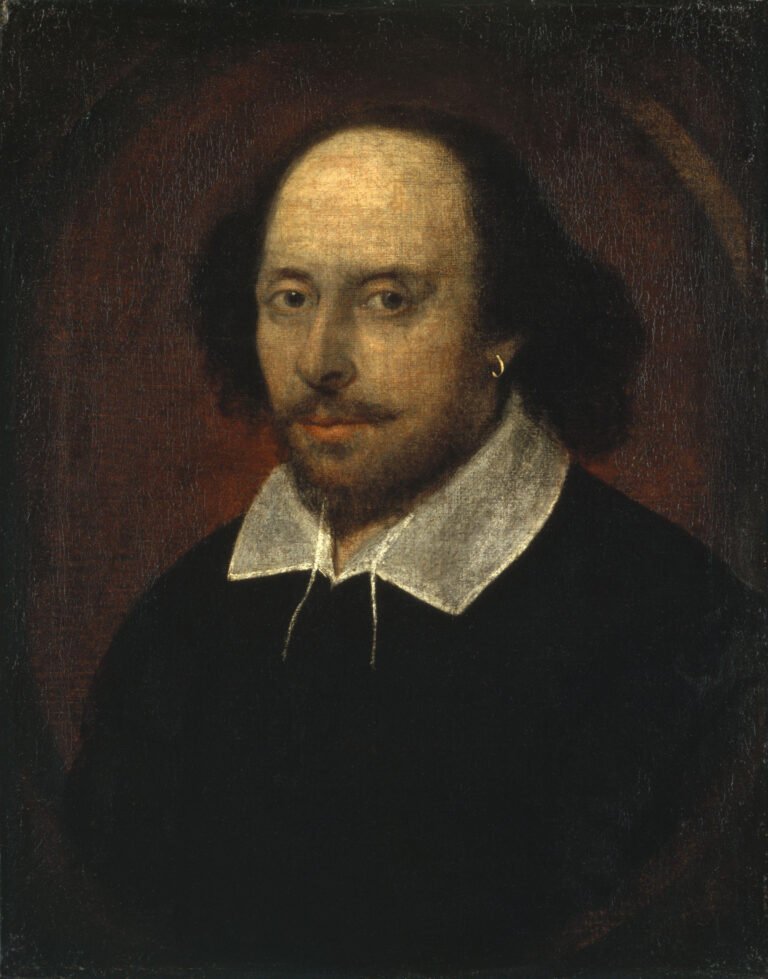“Dr. Faustus’ tragedy arises from the conflict between his ambitions and Christian philosophy.”
“Doctor Faustus” by Christopher Marlowe is a profound exploration of a man’s tragic downfall, rooted in the conflict between his soaring ambitions and the restrictive principles of Christian philosophy. This dichotomy is central to understanding Faustus’ character and the play’s narrative arc.
Faustus’ Grand Ambitions:
Dr. Faustus is portrayed as a brilliant scholar dissatisfied with the limits of conventional knowledge. He finds the traditional fields of study—logic, medicine, law, and theology—unsatisfactory for his insatiable intellectual appetite. Faustus’ ambitions are grandiose; he desires nothing less than god-like power and knowledge. His initial soliloquy captures this yearning vividly as he discards each scholarly discipline, seeking something that can offer him more. Faustus believes that by mastering necromancy, he can transcend human limitations and achieve ultimate control over the world around him. This ambition is both his driving force and his fatal flaw.
Christian Philosophy’s Constraints:
Christian philosophy, on the other hand, emphasizes humility, obedience, and the acceptance of human limitations. It underscores the supremacy of God and the moral necessity of living within the divine order. The central tenet of Christian doctrine is the salvation of the soul through faith and repentance, values that Faustus blatantly disregards. The philosophy he rejects warns against the sin of hubris—an overweening pride that leads one to challenge the divine.
The Pact with Lucifer:
Faustus’ decision to make a pact with Lucifer is the pivotal moment that sets his tragic fate into motion. By trading his soul for 24 years of unlimited power and knowledge, he embodies the Renaissance spirit of striving beyond human boundaries but does so in direct defiance of Christian teachings. This act of rebellion against the divine order reflects Faustus’ profound inner conflict. Despite the temporary fulfillment of his desires, the pact signifies his ultimate surrender to damnation.

Moments of Doubt and Despair:
Throughout the play, Faustus experiences moments of doubt and introspection, reflecting the inherent tension between his ambitions and the spiritual consequences of his actions. He is repeatedly given opportunities to repent and seek God’s forgiveness, yet his pride and desire for power prevent him from doing so. These moments highlight his internal struggle and the tragic nature of his character. The Good Angel and the Evil Angel, representing his conscience and his desires, symbolize this ongoing battle. Faustus’ occasional contemplations of repentance reveal his awareness of his doomed fate, yet his ambition continually leads him astray.
The Tragic Realization:
In the final scenes of the play, Faustus’ tragic realization becomes evident. As the end of his 24-year bargain approaches, he is overcome with fear and regret. His final soliloquy is a poignant reflection of his despair as he grapples with the irreversible consequences of his choices. The knowledge and power he gained through his pact with Lucifer now seem hollow in the face of eternal damnation. Faustus’ plea for more time and his desperate cries for salvation underscore the tragedy of a man who reached for the stars but fell into the abyss.
Conclusion:
Faustus’ tragedy is a timeless narrative that explores the dangers of overreaching ambition and the conflict between human desires and spiritual obligations. Marlowe’s play serves as a moral cautionary tale about the perils of defying the natural and divine order. Faustus’ grand aspirations, while magnificent, lead him to a tragic end because they are fundamentally at odds with the principles of Christian philosophy. His story is a poignant reminder of the eternal struggle between the pursuit of greatness and the acceptance of human limitations, highlighting the profound consequences of choosing ambition over faith.
